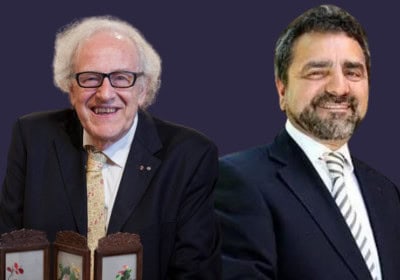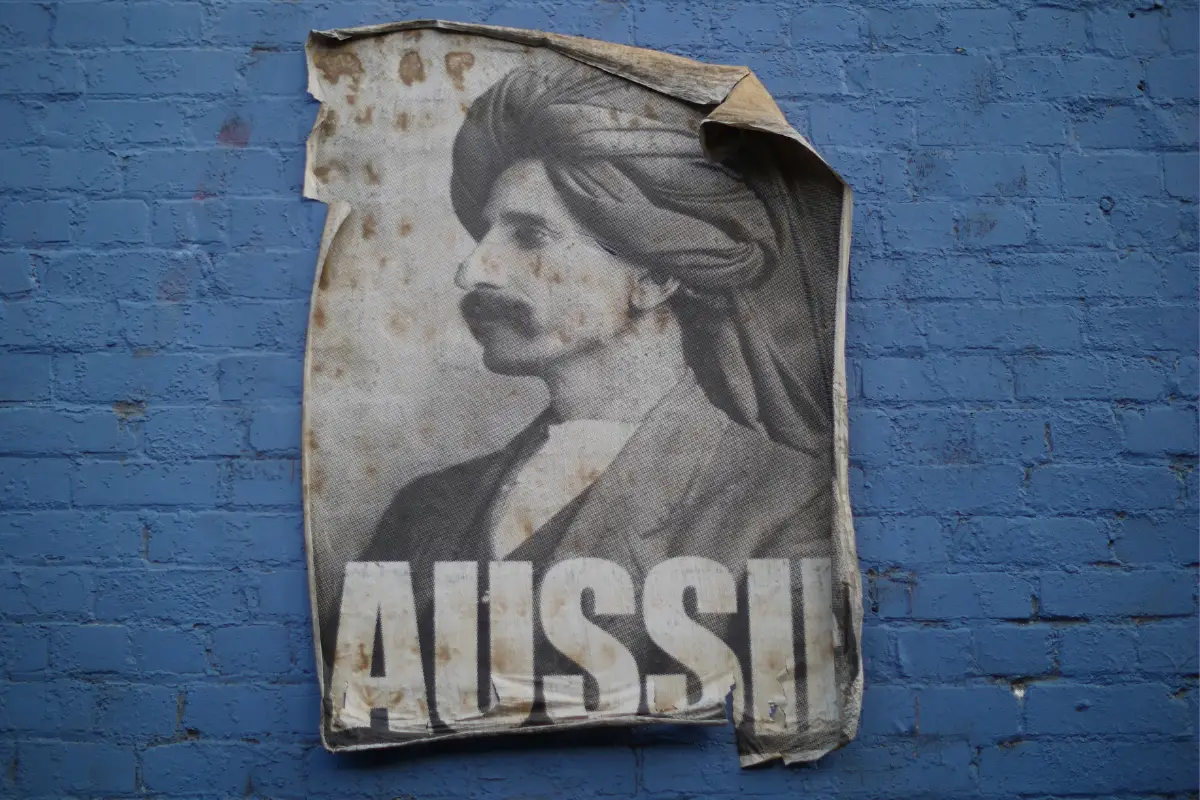
The New South Wales North Coast experiences its third flood pulse in as many weeks, with devastating images of grief, exhaustion and loss in towns such as Lismore. Two IPCC reports scream (albeit in sober scientific language), that ‘any further delay in concerted global action will miss a brief and rapidly closing window to secure a liveable future’. Simultaneous heatwaves at both poles terrify climate scientists and others. The pandemic has not gone away, testing society’s capacity to cope with converging rapid and slow emergencies. The federal election campaign will tiptoe around the scale of the climate change challenge.
We need new circuit breakers. One way forward is to shift the way we frame climate change. It is time to treat it primarily as a social and political issue rather than an environmental and scientific one.
The debate has been framed for decades in terms of us needing to just ‘listen to the science’. This has been a necessary but insufficient approach. It assumes a direct and linear relationship between rational truth and public policy. It downplays the complexities inside the black box of societal transformation. And, it ignores the deliberate work of vested fossil fuel interests in preventing effective policy action.
Framing climate change as an environmental issue allows us to still treat it as an issue ‘out there’; somewhere separated from society, politics, power and culture. This framing of the environment reflects western binaries that have long separated people and nature.
The ways science came to speak for the environment are part of this history. Paul Warde, Libby Robin and Sverker Sörlin have traced how science constructed ideas of the environment (global, quantitative, predictive) in the decades after the Second World War. ‘And as the natural world became seen as an increasingly integrated and systemised entity, so did those who measured and modelled it come to be seen as, or act as, a “voice of Nature” themselves’ (Warde et al. p. 18).
Despite decades of scholarship unpicking the western binaries, they remain firmly embedded in settler colonial contexts like Australia. Australian views of environment and nature still struggle to include people and struggle to recognise the social life of nature. Witness, for example, the ongoing need to contest the ‘wilderness myth‘, more than thirty years after it was initially dismantled in research, and in the face of huge steps forward in the recognition of Indigenous knowledge systems in which people and nature are integrated.
It may sound strange to argue that we still do not fully recognise the social life of Australian nature, especially as many have defined our present geological age in human terms – the Anthropocene. But one of the reasons the Anthropocene concept has come under critique is that it essentialises human nature and pays insufficient attention to the processes of extractive capitalism and colonialism that are the real causal mechanisms of our current global systems of fossil fuel dependence.
The new IPCC Report from Working Group III on Mitigation recognises the importance of humanities and social science research (p. 163), elaborated for example in chapter 5 on demand-side mitigation. Scholars have been unpacking the black box of societal transformation for several decades, to show, for example, how environmental norms come to be, to identify cultural resources and thresholds for change, and to explain the importance of how issues are framed. Analysts have noted the importance of shifting the framing of how we think about demand and economic growth.
Recognising and articulating the social dimensions of climate change at this time is crucial, or we run the risk of re-naturalising climate change. High impact events such as floods, fires and coastal storm surges are on terrifying and almost permanent display. This re-naturalisation was particularly evident during the recent floods in eastern Australia, including in the media. It is untenable now for politicians to deny the existence of climate change. But they can re-naturalise it by wringing their hands at the power of Mother Nature and Natural Disasters, and thus downplay their own agency. Nature takes the blame, rather than the continued mining and export of coal.
Scholars, artists, activists and communities can counter this new risk by continuing to be explicit about the complex ways in which social, political and ecological agency (where, when, who) interact. There is a long history of SHAPE (Social Sciences, Humanities and the Arts for People and the Environment) contributions to climate change response, and a responsibility on all of us to lift our game in this crucial decade as the world works to turn the tide on emissions. While the WG3 report makes for depressing reading, it also provides inspiration. Its meta-review of research on societal transformation, sociocultural change and questions of justice identifies many points of leverage for our collective work. We don’t have to work in an overtly ‘environmental’ field to do our bit on addressing climate change as a social issue.



